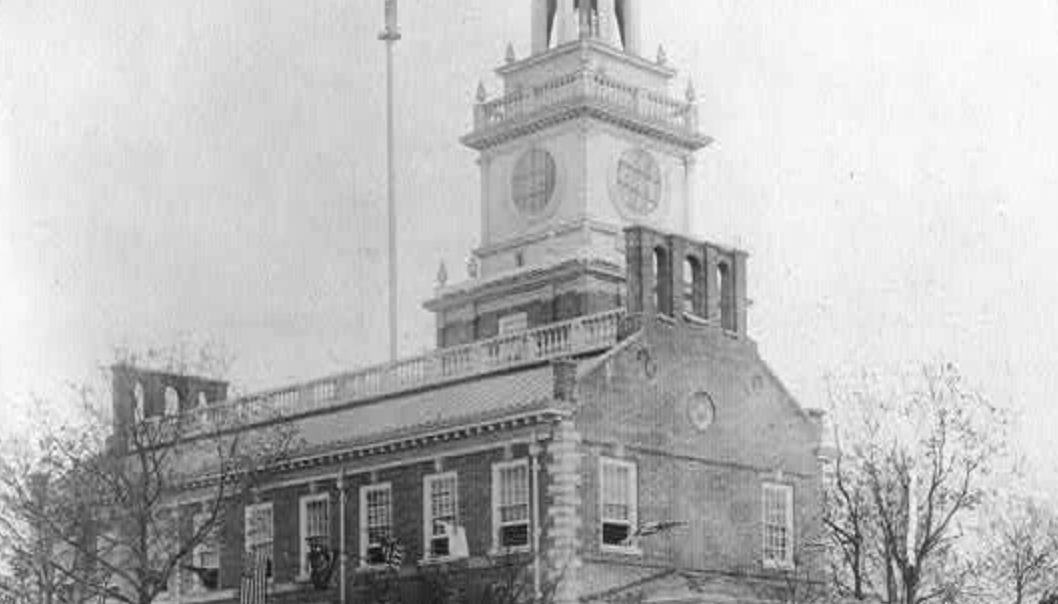This article argues that the Jamestown Exposition of 1907 was pivotal in the creation of Naval Station Norfolk (NAVSTA), now the largest naval installation in the United States. It demonstrates that beyond economic considerations, the exposition’s military displays fundamentally reshaped public opinion in the Hampton Roads area, transforming sailors from an unwelcome presence into a valued civic and strategic asset. By tracing nearly a decade of local advocacy following the exposition, the article contends that this shift in public sentiment was the decisive factor influencing Congress to establish a permanent naval base at Norfolk.
Read MoreBy Xavier Reader, The University of Western Australia
La Belle Epoque — translated as the good times or the beautiful era — was a phenomenon that took place throughout pre-war Western Europe, but is no better preserved than in metropolitan Paris, where the feeling and conceptualisation of Belle Epoque existed in a highly concentrated form.
Read MoreBy Patrick Wohlscheid, College of Charleston
Over the course of his life, the prominent South Carolina philosopher James Warley Miles addressed students at the College of Charleston at least three times: general commencements in 1851 and 1863, and a Chrestomathic Society commencement in 1874, one year before Miles' death.
Read MoreBy Lauren Wilbur, the University of Texas at Austin
Historical archaeology attempts to understand cultures of antiquity by studying written primary sources in conjunction with archaeological analysis. The Crusades present a challenge in using this method because many physical spaces have not been excavated due to political strife, or they had only been excavated in a biblical context with little regard to any other period. However, the discipline has recently started to see some success in the areas that the Latin Christians occupied and material evidence is more readily available to fill in the holes of Crusader history.
Read MoreBy Meera Shanbhag, Vanderbilt University, Nashville, TN
Over 30 million people in the United States are plagued by eating disorders, with at least one death related to eating disorders occurring every 62 minutes.[1] These serious illnesses, which have the greatest mortality rate of any psychological disorder, are characterized by abnormal eating patterns.
Read MoreBy Olivia Harris, University of North Carolina at Chapel Hill
The modernist novel Nightwood by Djuna Barnes (1892-1982) is a celebration of difference. Published in 1937,[1] it precociously spotlights the voices of those who are often marginalized: homosexuals, women, Jews, starving artists, political activists, the working class.[2] The story focuses on a lesbian love triangle in Paris:
Read MoreCatherine J. Bruns
Over two hundred years after the French Revolution, historians have yet to reach a consensus as to what caused the bloody overthrow of one of Europe’s leading political regimes. While previous research has focused on the revolutionary policy and legislative changes that occurred during this period, there has been little focus on the involvement of related subject--the political actor.
Read MoreGrant K. Schatzman
The metaphor of living artwork is interestingly appropriate to the history of Ovid’s Metamorphoses. The explosion of translation in the Renaissance turned the dusty tomes of Greece and Rome face up once more, but it is for very good reason that the movement is called a “rebirth” rather than a “rediscovery.” It is no surprise that Renaissance writers “rebirthed” Pygmalion with a new interpretation for every cultural criticism and moralization.
Read MoreBy Ethan Johnson
Acts of war fuel change—changes in foreign and domestic relations, changes in politics, and most often changes in national boundaries. The conquests of Genghis Khan in the 12th and 13th centuries C.E. absorbed such boundary lines into the Mongol Empire, extending his rule from the steppes of Mongolia to the eastern shores of the Black Sea. His reign over such a vast expanse of land and large collection of people was due to his strict military leadership, paired with a powerful army to carry out his will. At the head of his army was a handful of generals who answered to him directly, and obediently followed his orders.
Read MoreBy Helena Gandra
The difference between art and non-art is merely one of perception and we can control how we organize our perceptions- Kyle Gann in “No Such Thing as Silence”
The 21st century is an era characterised by diversity. By looking at the 19th and 20thcenturies, one can better understand the music of their own time. The Present is shaped by both a past and a future. Wagner (1813-1883) and John Cage (1912-1992) are key figures in music history and have had a fundamental impact on the music of today.
Read MoreBy Rachael Isom
Hilda Doolittle, more commonly known by the initials H.D., merges classical mythology with personal perception in "Helen," a poetic portrait of the infamous Helen of Troy.
Read MoreBy Brent Rowley
Hannah Arendt's Origins of Totalitarianism can be productively read as an historically concrete examination of and response to Heidegger's thought in Being and Time.
Read MoreBy Mike Strumpf
When the first folio edition of William Shakespeare's works was published in 1623, "it was not clear whose idea the collected volume was or even what was the precise motivation for it" (Proudfoot, Thompson, & Kastan-1998, 8), but the inclusion of two actors that worked with Shakespeare in the publication process underscores the importance of accuracy of authorial intent in the volume.
Read More












